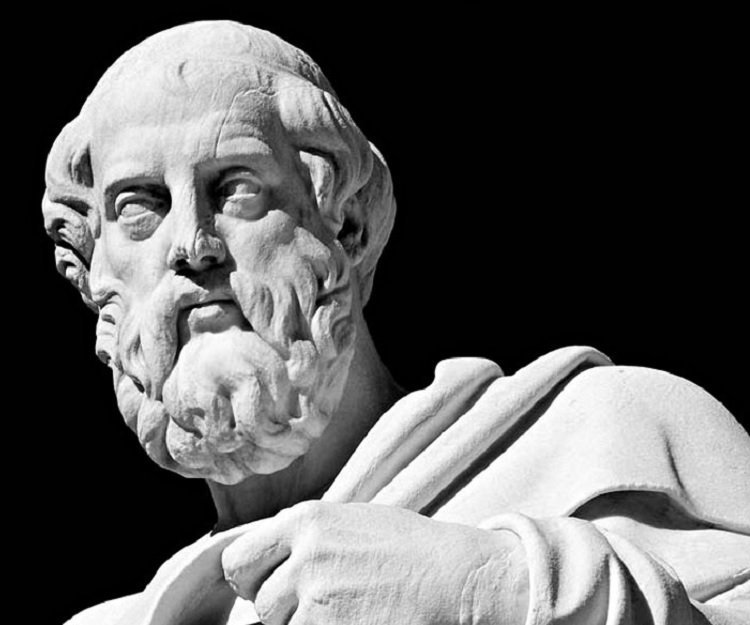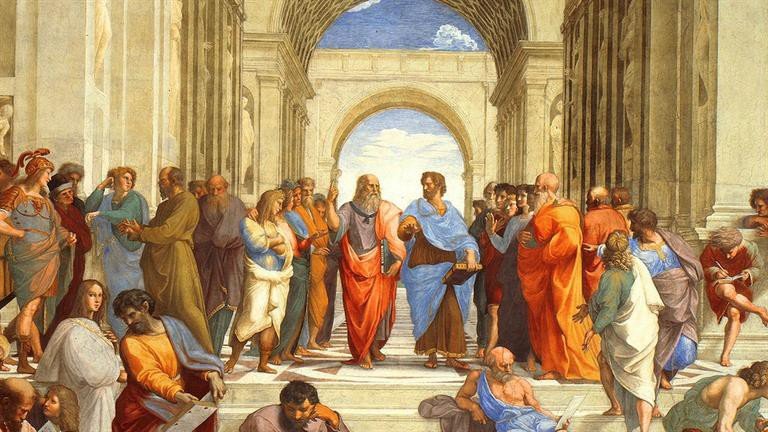PLATO

Plato was a greek philosopher. He had a love and hate relationship with art. He gave the expression “Theory of Imitation”. He describes the art of painting as an imitation of appearance.The imitation has to have such similitude that many mistake the copy for the real thing. Nature is like the real precious stone and art is an imitation. Imitative art does not merely mean copying of exterior and interior object of art in nature.
Beauty according to Plato
He considered universal god to be absolute beauty. All beautiful things of life are god. Absolute beauty cannot be perceived in one ordinary experience. One has to go through spiritual path to attain vision of transcendent beauty, physical absolute and spiritual beauty is truth and beauty is goodness. Truth beauty and goodness are eternal trios.
About the nature, he says – in every beautiful object two things are present
The sensible phenomenon, the idea which it embodies, which underlies the form. One is individual and concrete and the other is general and abstract. The former is visible and transcend and the latter is invisible and transcend and latter is invisible and permanent. Beauty is always at the centre of the universe.
Beauty has two aspects
Phenomenal (physical)
Idea (mental)
Physical beauty is in harmony, balanced utility, purity in lives and colours. Beauty must lead to eternal beauty at work. But that play is activity for its own sake or move properly it in purposeless activity, striving towards no goal. He connects children’s games with love of festivals and ceremony, which he regards as another set of human play into which higher aesthetics feelings enter.
Plato also accept two forms of the world.
Immovable and Movable, which includes physical world and the other world in the mental world.
Knowledge is also of 3 types:
Ideal knowledge- A person can experience the world through ideas or the conscious world.
Sensory- This type of knowledge is gained by the sensory world, it cannot help to reach the truth or reality, it can be used as a medium for the knowledge.
Ideas-The knowledge that is gained through ideas from the ideas and experience of others
The sensory knowledge or the knowledge gained through the sense organs is just an illusion. The ultimate aim of human life is to get the supreme conscious element. Painting just imitates, the apparent truth which does not help in anyway. The art of a carpenter, blacksmith is better to treasure, they produce things useful for life. The painter acts like a mirror and reflects what is in there, it does not fulfil any useful purpose.
Plato say further that art is a trick of imitation of putting down the mind from the luminous rational intuition to the shadow region of sense and resemblance. If an artist makes his own painting out of his own inspiration, then it isn’t imitation.
-Akanksha Khanna

Great research akanksha